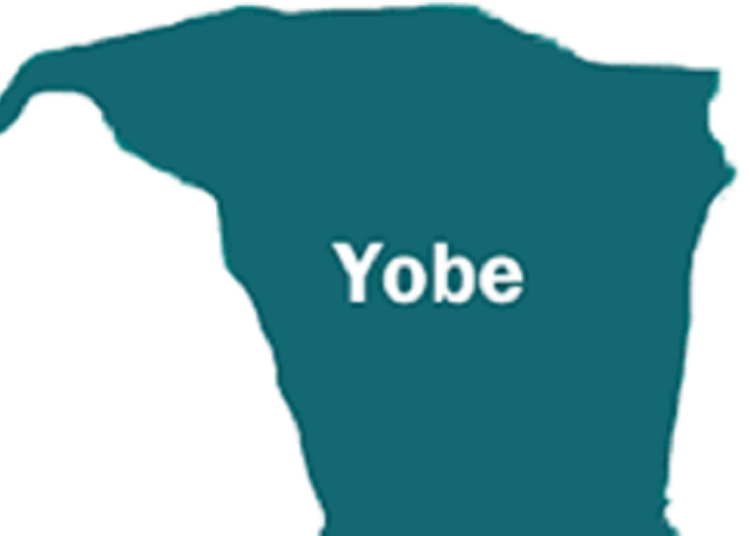The Nigerian Local Government Integrity Index (NLGII) has ranked local government areas (LGAs) in Yobe State among the best-performing councils in the country, recognising their commitment to accountability, transparency and good governance.
The ranking, released by the Centre for Fiscal Transparency and Public Integrity (CeFTPI) in Abuja, assessed governance and corruption risks across all 774 LGAs in Nigeria.
The NLGII serves as a comprehensive framework for evaluating fiscal responsibility and integrity at the grassroots level. It provides a data-driven foundation for improving service delivery across the country.
According to the report, Yobe State scored 70 points, ranking 22nd out of 37 states in the national index, where a lower score signifies lower corruption risks and stronger governance systems.
The report said the performance places Yobe among states with moderate-to-low corruption risks, alongside other reform-minded states such as Kaduna, Jigawa, and Nasarawa.
The report highlights that Yobe’s achievement stands in sharp contrast to the national landscape, where 85% of LGAs fall into the “very high” or “critical” corruption risk categories. This distinction underscores Yobe’s meaningful progress in a challenging governance environment.
Yobe’s impressive rating reflects the state’s sustained commitment to strengthening local governance. All local government councils in the state are fully functional, with elected representatives carrying out their statutory responsibilities in line with due process and accountability standards.
The state government’s practice of ensuring local government grants are released promptly has enabled councils to effectively plan and execute development projects that directly impact the lives of people at the grassroots.
He described that this commitment to fiscal discipline is further evidenced by Yobe’s recent recognition for achieving a 98.6% budget implementation rate in the first half of 2024, the highest in Nigeria.
The Ministry for Local Government and Chieftaincy Affairs plays a critical oversight role in monitoring activities across all local councils.
However, the ministry ensures that funds are properly utilised, governance procedures are strictly followed, and all projects conform to the state’s vision for transparency and community-driven development.





